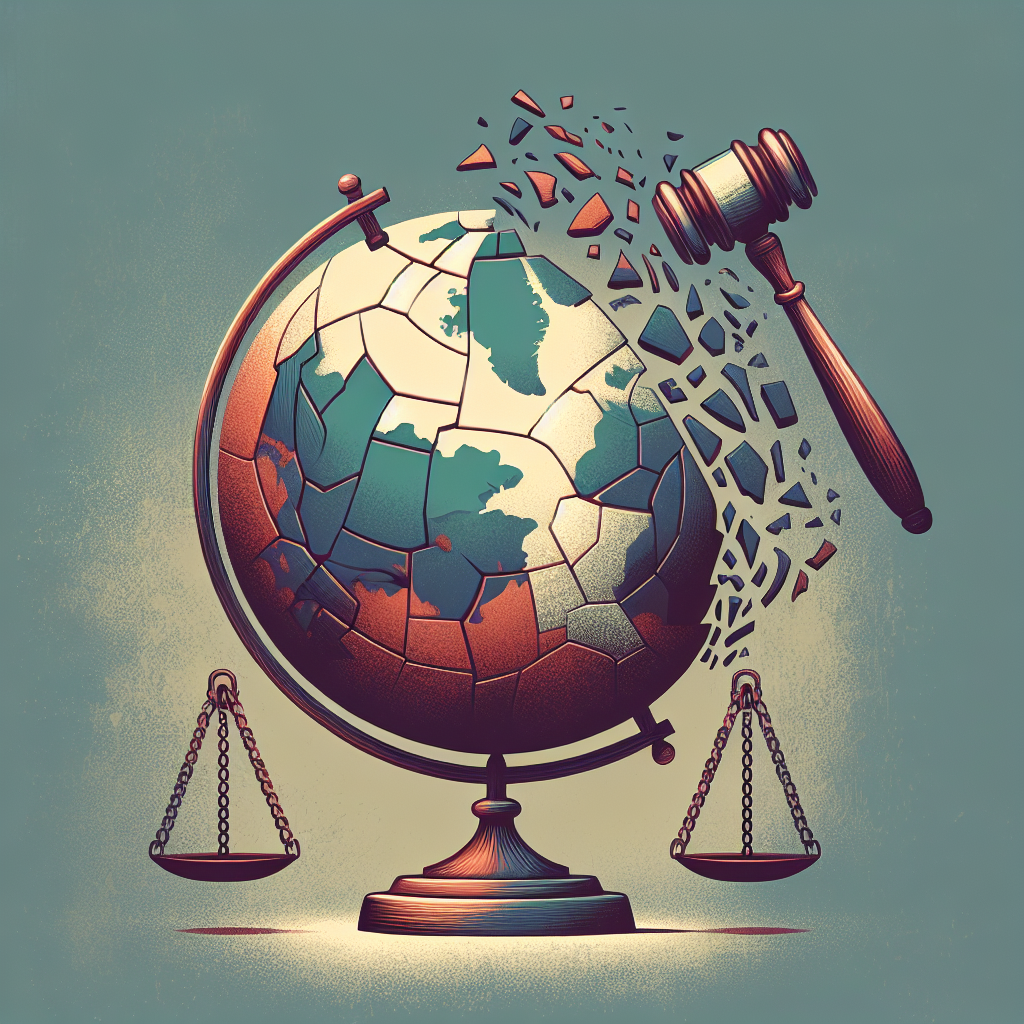The current crisis in Gaza and Lebanon has ignited discussions surrounding the notion of “appeasement,” particularly concerning Israel’s actions and their implications for international law and humanitarian ethics. The Israeli government’s recent attacks on United Nations peacekeepers highlight a severe disregard for both international mandates and human life. Reports have surfaced of attacks on the UN Interim Force in Lebanon (UNIFIL), including direct strikes and violations of safety protocols that have led to injuries among peacekeepers. The situation is compounded by the Israeli Defense Forces (IDF) striking UN bases with tanks and artillery while also allegedly deploying chemical weapons. Such actions not only violate the spirit of the peace agreements established post-2006 war but also represent a significant escalation in Israel’s military actions against Lebanon and Gaza, prompting urgent calls for accountability and restraint from the international community.
Despite the serious nature of these violations, the response from European nations has been described as tepid and inadequate. The European Union has publicly condemned the attacks against UN missions while also expressing concern regarding Hezbollah’s activities. This equivocal stance betrays a reluctance to directly address Israel’s role in the violence and provides a disturbing semblance of moral equivalence between the aggressor and victim. Critics argue that this form of “mealy-mouthed” diplomacy serves only to embolden Israel in its operations, signaling a tacit approval to continue actions that result in substantial humanitarian suffering. The failure of European governments to impose meaningful consequences on Israel stands in stark contrast to their quickness to enact sanctions against other nations like Iran, reflecting a troubling inconsistency in international responses to alleged violations of human rights and law.
The ongoing conflict also raises significant questions regarding the adherence to international humanitarian principles, especially given the recent targeting of civilian infrastructure such as schools and hospitals in Gaza. The Israeli regime’s actions signal a blatant disregard for the established frameworks designed to protect civilians during wartime, further contributing to the humanitarian crisis in the region. The UN Secretary-General’s frustration has reached a level where he has been declared persona non grata by Israeli authorities, illustrating just how far relations have deteriorated between the Israeli government and international peacekeeping efforts. This dynamic fosters an environment where the violation of human rights can occur unimpeded, as the world watches but fails to take decisive action against such transgressions.
The rhetoric surrounding Israel’s claims of Hezbollah using UN peacekeepers as “human shields” serves to perpetuate a cycle of violence and justifies the disproportionate responses observed from the Israeli military. Such claims obscure the realities on the ground and divert attention from the humanitarian aspects of the conflict, allowing the Israeli regime to perpetrate violence against a largely civilian population under the guise of defense. The invocation of this narrative is not a new phenomenon but rather part of a broader strategy employed by Israeli leadership to rationalize military actions that lead to extensive civilian casualties. This framing, coupled with the context of Netanyahu’s calls for the withdrawal of UN peacekeepers, reveals a strategic intent to reshape the narrative surrounding accountability for acts of aggression.
In contrast to the European Union’s tepid responses, some individual leaders, such as Spanish Prime Minister Pedro Sanchez, have initiated discussions on suspending trade agreements with Israel, indicating a desire for more robust actions. However, these proposals face significant hurdles and are expected to be largely ignored, reflecting the entrenched political dynamics that often prioritize diplomatic and economic relations over humanitarian concerns. Similarly, French President Emmanuel Macron’s suggestions to halt arms sales to Israel have not resulted in significant policy shifts, emphasizing the reluctance among European powers to confront Israel directly while also illustrating a broader trend of prioritizing geopolitical stability over principles of justice and accountability.
Ultimately, the global community’s current stance toward Israel’s actions raises profound moral and ethical questions. As the narrative of “appeasement” is invoked in the context of other global conflicts, particularly in relation to Russia and Ukraine, it becomes critical to recognize the implications of such a dynamic in the case of Israel and its actions in Gaza and Lebanon. The irony lies in a marked discrepancy where European nations decry aggression and human rights violations elsewhere while simultaneously leveraging weak responses to documented war crimes committed by Israel. Such selective indignation not only undermines international law but also contributes to a cycle of violence and victimization that persists in the region. The time for the international community to adopt a more principled and unified approach to these crises is long overdue if there is any hope for a just and lasting peace.

